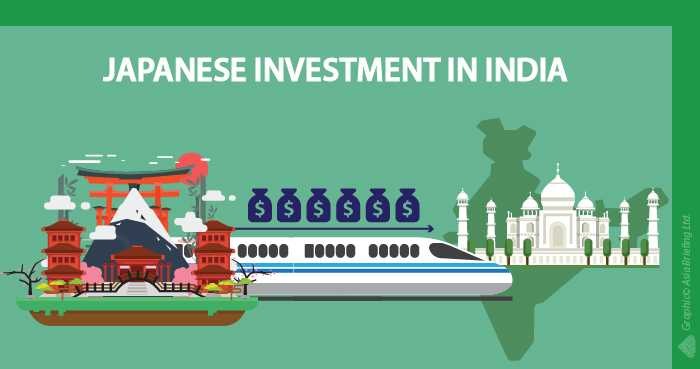A Joint Meeting was held between India (Department for Promotion of Industry & Internal Trade (DPIIT)) and Japan (Ministry of Economy, Trade and Industry (METI)) for annual review of progress under Japanese Industrial Townships (JITs) in India.
DPIIT reviewed the status of Japan Industrial Townships (JITs) with METI, in a virtual platform in view of COVID-19 situation. Embassy of Japan in India and Japan External Trade Organization (JETRO) also participated from Japanese side. From Indian side Officers from Ministry of External Affairs, Govt. of India, Embassy of India in Tokyo and representatives of State Governments and Invest India Participated in the meeting
It may be noted that Japan Industrial Townships (JITs) were up set pursuant to the “Action Agenda for the India-Japan Investment and Trade Promotion and Asia-Pacific Economic Integration” signed between METI, Government of Japan and DPIIT, Government of India in April 2015 to take steps to develop
“Japan Industrial Townships” in India especially in Delhi Mumbai Industrial Corridor (DMIC) and Chennai Bengaluru Industrial Corridor (CBIC) regions in order to facilitate Japanese investment to India.
Japan is the only country that has dedicated country-focused industrial townships across India. These Japanese Industrial Townships (JITs) offer facilities such as, special Japan desks for translation and facilitation support, world class infrastructure facilities, plug and play facilities, residential clusters, and special incentives for Japanese companies. There are ready to move in facilities and fully developed land available for allotment in these townships.
Currently there are 114 Japanese companies across the JITs. The Neemrana and Sri City industrial townships host majority of the Japanese companies. Companies such as Daikin, Isuzu, Kobelco, Yamaha Music, Hitachi Automotive etc. are the marque Japanese investors which have set up manufacturing in these townships.
As the 5th largest investor, Japan has contributed over USD 36.2 Billion in cumulative investments since 2000, especially in key sectors such as automobiles, Electronics System Design & Manufacturing (ESDM), Medical Devices, Consumer goods, Textiles, Food processing and Chemicals.
The Production Linked Incentive (PLI) scheme announced for 14 sectors received numerous applications. Japanese companies have also applied for these PLI schemes and have receiveda approval. The National Single Window System – an initiative by the Government was also showcased to the Japan side. This one-stop digital platform –currently has 20 Central Ministries and 14 states/UTs that have been onboarded.
The National Infrastructure Pipeline (NIP) encapsulates infrastructure development across key sectors (such as energy, railways, roads, irrigation etc.) in India with investments of US$ 1.4 trillion planned between 2019 and 2025.
The emerging sectors that are new opportunities to attract Japanese investments into the JITs and India were highlighted along with showcasing the opportunities for investments in the Information and Communications Technologies, Renewable Energy, Electric Vehicles, Drones, Robotics and Textiles sectors were showcased.
Japan side highlighted the importance of India and Japan’s partnership that will further expand through the “Memorandum of Cooperation on India – Japan Industrial Competitiveness Partnership” and the ongoing Supply Chain Resilience Initiative.



